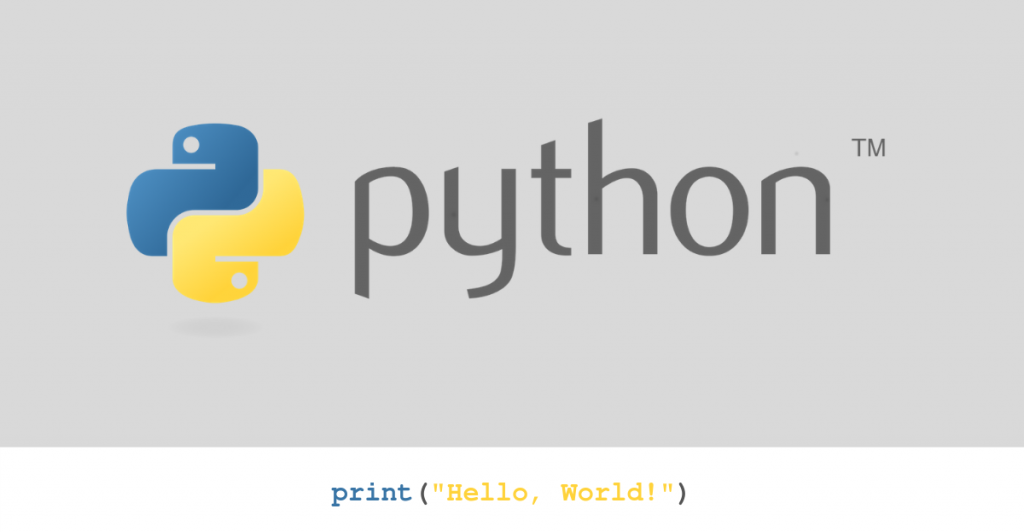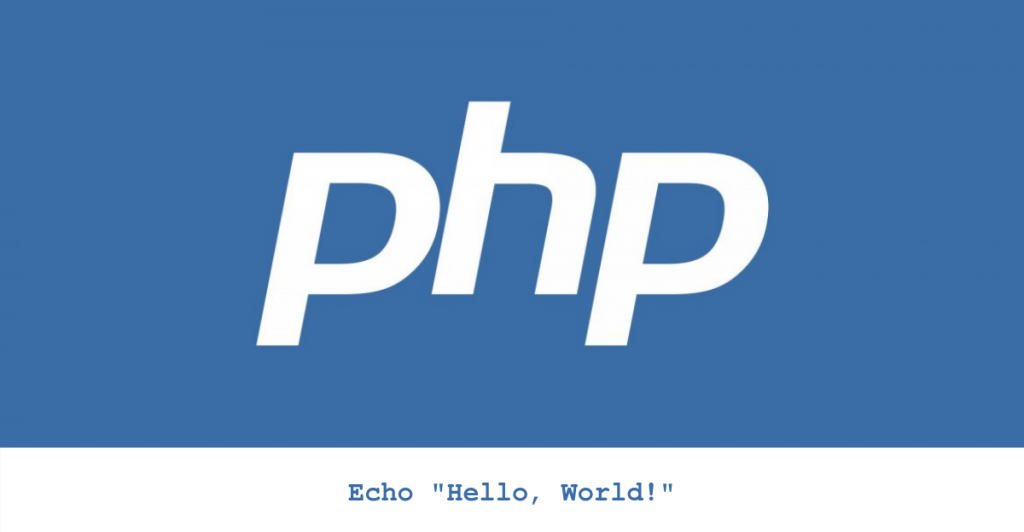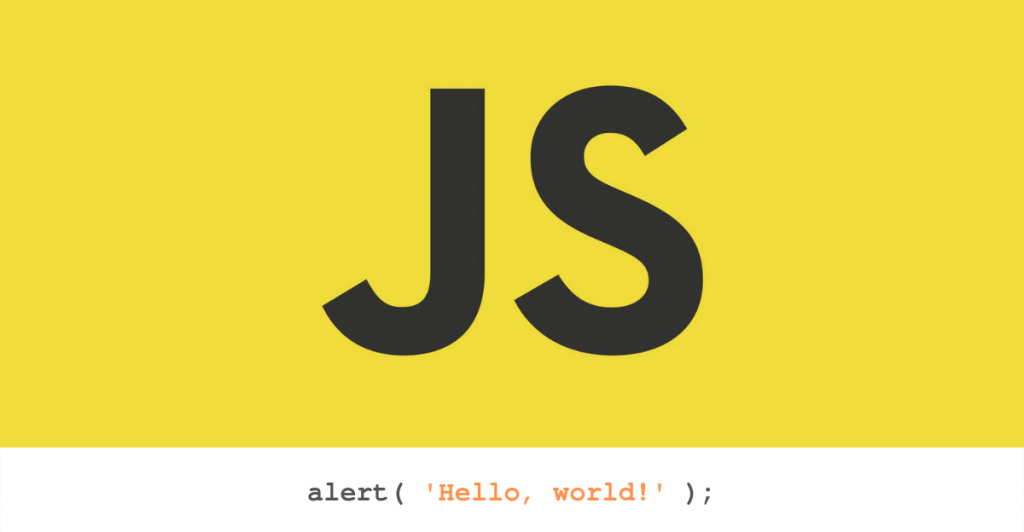“A good startup comes from a good idea.” That's true, but it’s not the only factor. Even the brightest idea can become a total failure with the wrong implementation.
Launching a new business, founders face millions of challenges related to marketing, branding, user acquisition and so on, but selecting the wrong technologies may be one of the costliest. Changing a platform or programming language can significantly delay the release date and lead to massive expenses related to hiring new talent.
To minimize the risks, startuppers usually don't roll out a fully functional solution at once. Instead, they build and validate an MVP. Today, we'll review the technologies most suited for this purpose.
What are the selection criteria?
-
Key characteristics
There are quite a lot of differences between languages, starting from level (low-level languages are closer to machine code, while high-level are tailored to human readability) and ending with syntax, typing, and architecture. In our case, the first thing to look for is whether a language is compiled or interpreted.
- Compiled languages are transformed into the executable machine code before runtime.
- Interpreted languages are converted into machine code during the runtime.
Compiled languages offer higher performance, while interpreted are usually more flexible, allow dynamic typing, and, as a result, require less time for a developer to write a program. Taking this into account, interpreted language is better suited to a rapid MVP launch. At this stage, the performance gap is small enough that it can be neglected. The performance gap only becomes crucial when your app grows really big and needs to withstand high loads.
-
Platform
Before starting you need to determine which platform your product will run on. Will it be a web, mobile, or desktop app? What is the OS of the device it's tailored to be on? What are the key features? These are only a few questions you should ask before starting. It’s true that you can use specific containers to apply a language to the environment it doesn't suit, but this will also result in costs, longer production, and developers' headaches.
-
Time to market
The startup ecosystem is a competitive place. If you linger with the launch, someone else can conquer your niche.
This makes time-to-market one of the strongest decision-making factors for founders. There are a few features of a language that can make a development process as fast as possible:
- Availability of out-of-box solutions
It's always faster to implement already existing code than to write a feature from scratch. Access to a large pool of open-source solutions can come in handy. It's also perfect if a language has many frameworks or libraries that will significantly facilitate the development.
- Large community
This is obvious: the bigger the community, the higher the likelihood that you'll get help when problems arise. Good out-of-box solutions also come from a big community.
- Local talent pool
Another thing you need to ask yourself is how easy it will be to find programmers for your project. If you already have a team, it would be wise to apply their expertise first. If you don't, then start by researching your local market for skilled programmers. As an alternative, you can use the services of an IT outsourcing company. Such firms can provide you with experts even in newly emerged or very specific fields, and the workforce usually costs less there.
While you’ve got all of this stuff on your mind, let’s proceed to our “best-of-the-best list”.
Ruby / Ruby on Rails

Ruby is maybe the first language that comes to mind when speaking of startups. As of today, Ruby and its framework, Ruby on Rails, serve as the basis for thousands of web applications and is a perfect solution for crafting an MVP. Even though its popularity has lessened within the last few years, the language still looks attractive and can empower your startup with plenty of useful features.
-
Key characteristics
| Paradigm | Multi-paradigm: functional, imperative, object-oriented, reflective |
| Typing | Duck, dynamic, strong |
Ruby was designed to be a developer's best friend. And that’s not our opinion; it's literally their slogan. Yukihiro Matsumoto is the creator of the language aimed to make the development process enjoyable. This resulted in clear and intuitive syntax, good readability, and a steep learning curve. With Ruby, the development process runs faster, which is an important feature for every tech startup.
-
Platforms
Ruby is mostly tailored at web projects of any complexity; you can use it for both simple websites and complex enterprise solutions. The Ruby on Rails framework facilitates the task significantly by adding components and functionalities needed for building a great product.
It is also highly scalable, though you may face some performance issues when building a large-scale resourceful application, which is a problem with many interpreted programming languages. But if you have a small or mid-sized project, then there's nothing to worry about, as the load won't be severe enough to cause you trouble.
Ruby is also not an optimal solution for mobile platforms. You still can use RubyMotion, which is an IDE for building cross-platform apps for iOS and Android. It has paid plans and loses in some aspects to the newer, more tailored tools, such as React Native, but if using Ruby is the most comfortable solution for you, then RubyMotion will come in handy.
-
Time to market
In terms of time-to-market, the language name speaks for itself: Ruby is a real treasure. The large Ruby community has produced many open-source libraries (gems) that make feature implementation easy as pie. These gems work well with all Ruby frameworks, not only Rails, making your opportunities very versatile.
The Ruby community is active and supportive, so if you face any issues in development, you can ask and get expert advice.
Python / Django or aiolibs

In the last few years, Python gained more and more traction, and eventually reached the top of the PYPL rating. This is mostly due to its usage in machine learning and AI-based applications, but even if you're launching a regular web app without any AI features, Python and its framework, Django, will be a very useful tool.
Over the last few years, with the growing popularity of microservice architecture, more and more developers are also setting their sights on the aiolibs library with its HTTP Client/Server, aiohttp. These tools provide asynchronous execution and, as a result, boost performance.
Both approaches offer you useful perks and are good for their purpose, so when choosing a technology, you should take into account the specifics of your projects and whether the processes in it should run synchronously (Django) or asynchronously(aiolibs).
-
Key characteristics
| Paradigm | Multi-paradigm: functional, imperative, object-oriented, reflective |
| Typing | Duck, dynamic, gradual (since 3.5) |
The core Philosophy behind Python promotes code readability. It is not an accident that we wrote “Philosophy” with a capital letter; Python is all about it. The language has a set of 19 guiding principles, called Zen of Python, which includes the following statements:
Beautiful is better than ugly.
Explicit is better than implicit.
Simple is better than complex.
Complex is better than complicated.
And so on... The full list can be found here.
Python can be used to build applications of any scale. It is also highly extensible, as the creators decided not to build all of the functionality into the core but to make it modular instead. This has empowered engineers to add programmable interfaces to existing applications and made the development process very flexible.
-
Platforms
Over the last few years, Python has become a dominant tool for crafting products based on machine learning (e.g., chatbots, BI, predictive analytics, voice/image recognition).
In addition to its applications in hi-tech, it is also widespread in web. Millions of successful applications, including Instagram and Bitbucket, run on it. Python's Django framework makes web development even more rapid. It follows the model–view–template (MVT) pattern, which suits MVP development well.
-
Time to market
High popularity comes from a large community, and the large community is a guarantee that there are a ton of open-source modules available for implementation. Engineers can utilize them to extend the functionality of their apps.
According to GitHub, Python recently overcame Java by the number of repositories and now ranks second, which is an evidence of the Python community being rather active.
Many experts advise that beginners learn this language first, and they emphasize its advantages in terms of intuitive syntax, readability, and learning complexity, all of which also make it a good option for building a startup.
Check out a related article:
How to Structure a Software Development Team
PHP / Laravel / Symfony

PHP is still the most popular language for web apps development, and it is used by millions of programmers worldwide. Thus, we simply couldn't leave it off this list.
-
Key characteristics
| Paradigm | Imperative, functional, object-oriented, procedural, reflective |
| Typing | Dynamic, weak, gradual |
Unlike most other languages, PHP wasn’t created from a specific concept. Actually, Rasmus Lerdorf invented it to track views of his online CV. Later, he broadened the functionality of his scripts, and this is how PHP was born.
Due to being updated gradually, the language has some inconsistencies in its syntax. Its specification was released only in 2014 – almost 10 years after it came into existence.
But there is some good news as well. First of all, the language is constantly being refined. Starting from v. 7.0, it has gained a lot of new functionalities and become much, much more powerful.
On top of it, PHP has many frameworks that only add to its possibilities. Laravel and Symfony are the most popular ones, though the smaller Zend, Yii, Cake and CdeIgniter are also worth your attention.
-
Platforms
PHP is now the ruler of web; the majority of websites run on it. The fact that the most popular CMS, WordPress and Joomla, are written on it only fuels its dominance. PHP can become a good solution for building web applications of any kind: from landing pages to massive high-load portals like Facebook.
Usage of frameworks facilitates the development and allows coders to benefit from enhanced functionality and syntactic sugar.
-
Time to market
If you want to avoid the tiring talent acquisition process, then PHP may become your helper-outer. The language has an immense community, making it easy to find a true expert.
The Laravel framework facilitates the task even more by providing an extensive set of out-of-the-box tools and packages. Additionally, there are tons of open-source PHP libraries that can be utilized in development. But you should be careful when using them. Due to PHP having a low entry barrier, there are many poorly developed solutions, so it's recommended to double check the code and the author before applying.
And just a fun fact for the bottom line: PHP has a Field Guide to the ElePHPants, the maskots of the language. You'll find it at the link. Cuteness!
JavaScript and frameworks

JS is on the crest of the wave today. It's popularity among programmers is growing, and with the emergence of Angular, Vue, React, and Node.js, so is its functionality. Over the years, it has evolved from being a frontend tool to create animations to a powerful language that can be used on both the client and server side.
-
Key characteristics
| Paradigm | Multi-paradigm: event-driven, functional, imperative, object-oriented (prototype-based) |
| Typing | Duck, dynamic |
JavaScript was inspired by an unrenowned language named Self. It has a C-formed syntax, classless object model, and automatic garbage collection. It includes no I/O mechanisms and relies mostly on the resources of a host environment.
-
Platforms
Alongside HTML and CSS, JavaScript is one of the World Wide Web pillars. Almost all modern websites use it, and almost all browsers have a built-in engine to process it.
Initially, JavaScript was only used on web applications. Now, JS engines are embedded in many other kinds of host software, such as servers, and various non-web programs, such as mobile and desktop apps.
-
Time to market
Needless to say, the JS community is big, very big. By the number of contributions, it's now №1 on GitHub. As a result, there are always a lot of specialists available. Studying one of the JS frameworks is also considered a best practice among engineers, which is a big plus in terms of talent acquisition.
It's also a great technology if your application is intended to run on multiple platforms. By applying Javascript and its frameworks, you can hire one team instead of using separate crews for web, iOS, and Android.
What about mobile apps?

Though there are many similarities between building mobile and web applications, there are also some differences that significantly affect the technology stack. First of all, mobile apps are being developed for a specific OS, such as iOS or Android. They live and operate on the device and have access to its resources, such as camera or GPS. To be successful, they also need to meet all of the app store requirements.
In other words, before choosing a language for your mobile app, you'll have to know what OS it will run on. Here's our suggestion:
-
Swift for iOS
Swift is an intuitive, beginner-friendly, and fun-to-use language. Not long ago, it was introduced by Apple as a replacement for the obsolete and complicated Objective-C. Swift is a statically typed language that adds to performance. It can also offer optimized memory usage and easier error maintenance. The only drawback of the language is its youth; the community simply hasn’t had the time to generate as many resources as older languages have. The good news is that it is one of the fastest-growing communities, so the resources are growing too.
-
Java/Kotlin for Android
We can't say for sure which one is the best solution, as each has its own advantages.
Java is one of the most popular languages, with a huge and experienced community. Over its years of existence, tons of useful tools and libraries have been created, which facilitate the development process a lot. It is a fast language that performs well even under high load. As for minuses, Java is verbose and requires coding a lot to make a feature work, which may result in longer time-to-market.
Kotlin is a new language with clear, concise, and intuitive syntax. When creating it, the developers took into account most of the issues they face when using Java. As a result, Kotlin comes with a smarter compiler, detects and handles errors better, and, what is considered to be one of its top pros, solves the nullability problem that is very common in Java. On top of that, the languages are entirely interoperable.
-
Hybrid solutions
There are technologies that allow you to apply the same code to both iOS and Android platforms. Hybrid apps are less productive than native ones, but the cost of their development is much lower. One of the most popular ways to create them is using the JS library React Native. Tools such as Cordova and Ionic are also very popular. Each new version of these technologies decreases the performance gap between native and cross-platform solutions, so the future looks bright for hybrid apps.
Check out a related article:
Native vs. Cross-platform – What App Will Work Best for Your Business?
С# and Unity for games

Unity is maybe the best solution for those who are just starting their journey into the game industry. Why? Let's explore its key advantages:
-
It’s multi-platform
The engine supports 25 platforms, including iOS, Android, Windows, Xbox, and more. Unity makes it easy to port your game from one platform to another.
-
Asset store
Even if you don't have people with specific expertise (e.g., a designer or a composer) on your team, you can easily find the right stuff in the Unity asset store. Assets may be free or paid, and the selection is rather wide.
-
Community and tutorials
Both the creators of Unity and its users are contributing to making the development process smooth and enjoyable. On the official website, you can find detailed video guides and comprehensive documentation. It's also not that hard to get expert advice.
-
Various types of games
2D, 3D, VR, AR, single- and multiplayer games are all supported by Unity.
Compared to its major competitor, Unreal Engine, Unity is more beginner-friendly, but that doesn't mean it's for beginners only. Numerous AAA games, such as Deus Ex: The Fall and Assassin’s Creed: Identity, were built with it.
C# is the language used by most Unity game devs. It's intuitive and laconic. The engine, especially when upgraded with custom-made tools, minimizes the amount of code that needs to be written.
Sum Up
Yep, this has been a long read. So, let's make a short summary to facilitate your decision-making process and highlight the most important points:
-
Before deciding on technologies, you need to do some research and determine the platform for your product and your preferences regarding time-to-market, productivity, and costs. You also need to find out how easy it will be to find the right employees.
-
If you're crafting a solution for the web, our suggestion is to use Ruby, Python, PHP, or JS. For a mobile app, use Swift for iOS and Java/Kotlin for Android.
-
It's important to note that you should not limit yourself to only these languages. Each case is unique and requires a unique solution. Take into account the skills of your team.
If you have more issues with planning your technology stack, you can always contact us for a consultation. We are here to help!

Leave a Comment